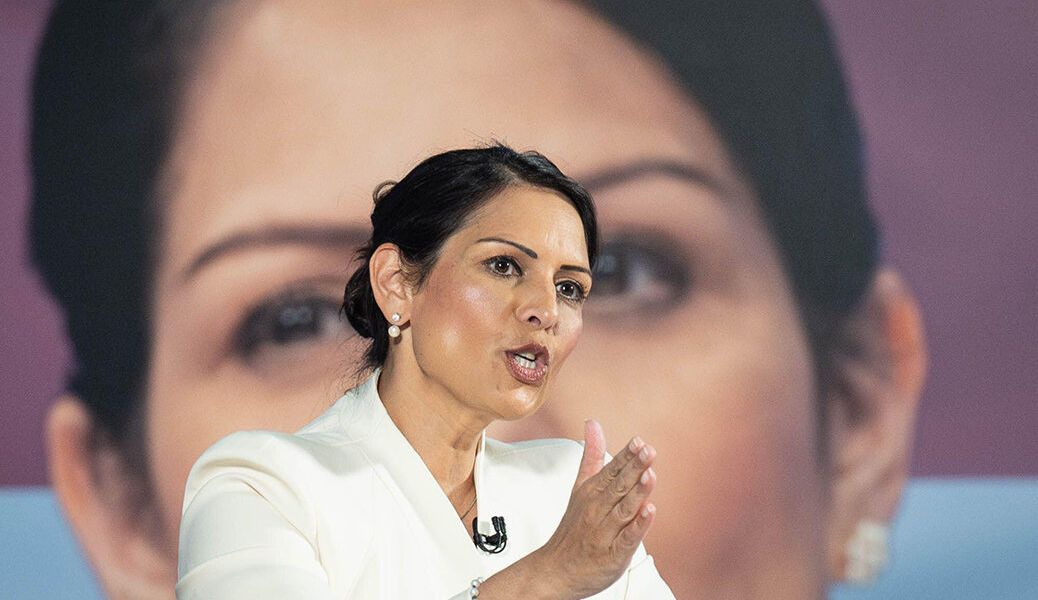
Priti Patel, once seen as a rising star in the Conservative Party, failed in her bid to become the Tory leader for several complex reasons. Her downfall reflects a combination of personal, political, and party dynamics that ultimately prevented her from reaching the pinnacle of power. Below are some of the key factors that contributed to her failure.
1. Controversial Political Style
Priti Patel has always had a polarizing political style, which contributed to both her rise and her fall within the Conservative Party. Known for her tough rhetoric, particularly on immigration and law enforcement, Patel built a reputation as a hardliner. Her stance on these issues, while appealing to some parts of the Conservative base, also alienated a significant portion of the electorate, including centrist Tories and moderate voters who viewed her positions as too extreme.
Her hardline stance on immigration, exemplified by the “Rwanda deportation” plan, drew widespread criticism. Though many Conservative voters favored stricter immigration policies, Patel’s proposals were viewed by others as morally and legally questionable. This polarized opinion within the party, creating friction between her and more moderate or progressive wings of the Conservatives. Ultimately, her inability to build a broad coalition of support within the party limited her chances of ascending to leadership.
2. Scandals and Controversies
Another significant factor in Patel’s failure to become the Conservative leader was the series of scandals and controversies that plagued her political career. Most notably, her resignation as International Development Secretary in 2017 following revelations that she held unauthorized meetings with Israeli officials without informing the British government tarnished her reputation. Patel was forced to apologize and step down, creating an image of a politician who played by her own rules, often to the detriment of established norms.
Though she later made a comeback, being appointed as Home Secretary under Boris Johnson’s government, the scandal left a lasting mark. The perception of her as a maverick who occasionally overstepped her boundaries was difficult to shake off and became a recurring theme throughout her political career.
Furthermore, her tenure as Home Secretary was marred by allegations of bullying, culminating in a high-profile investigation in 2020 that concluded she had breached the ministerial code. While Prime Minister Boris Johnson stood by her, the controversy damaged her public image and left her vulnerable to attacks from both within and outside her party. The bullying allegations portrayed her as a divisive figure, and though she survived politically, these incidents cast doubt on her suitability for higher office.
3. Limited Support Base
Another key reason Patel failed to secure the Conservative leadership is that she lacked a strong and cohesive support base within the party. While popular with the party’s right-wing faction, particularly among Brexiteers and those favoring stric
Another key reason Patel failed to secure the Conservative leadership is that she lacked a strong and cohesive support base within the party. While popular with the party’s right-wing faction, particularly among Brexiteers and those favoring stricter immigration policies, she struggled to gain widespread backing from the more centrist and liberal elements of the Conservative Party.



